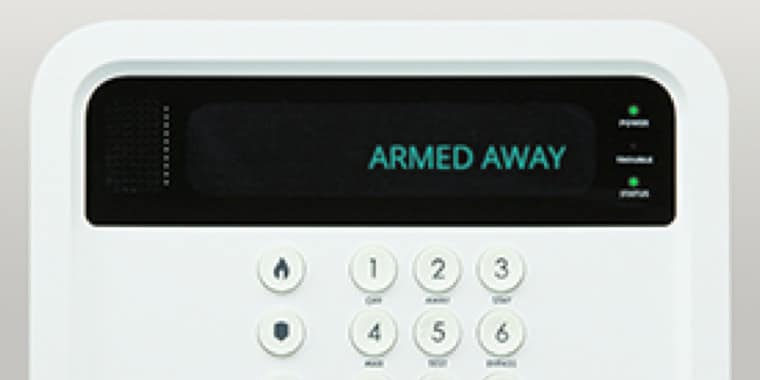What You Need To Know This National Cybersecurity Awareness Month
With security breaches becoming all too common, consumers are more anxious than ever before. In fact, more people believe that having their identity stolen would be worse than having their home broken into (46% vs. 27% according to Forbes). And during October, which is National Cybersecurity Awareness Month, it’s important to remember the importance of protecting your online identity. Also, it marks a critical moment to take stock of your digital wellness and online security, and make long-term plans to educate yourself on what you should know about cybersecurity.
If you’re reading this thinking, “this doesn’t apply to me,” — you’re wrong. Both individuals and businesses (both large and small) are affected by hacks, and the stats don’t lie: a recent CreditCards.com study found that more than 90% of adults have unknowingly put their personal information at risk in the last year alone. And unless you are properly protected, once you find out you’ve been breached, it’s already too late.
Everyday behaviors that may seem like time-saving shortcuts can actually put you at risk for a breach, and can lead to hackers getting valuable information like your birthday, social security numbers and bank account information.
Some of these common risky behaviors include:
- More than 8-in-10 people (82%) have reused online passwords, including 61% who use the same password at least half of the time and 22% who always do
- Using a public Wi-Fi network (48%)
- Saving passwords (45%) and payment info (35%) online
- Writing your password down somewhere it can easily be found
- Carrying a Social Security card in a purse or wallet (33%)
*Statistics provided by Forbes
Trying to avoid the above habits will go a long way in protecting your business and personal information online. And adopting the following simple protocols can also help:
- Securely manage passwords
- Change passwords often
- Keep passwords complex and varied
- Don’t share your passwords and if you must, never share in email or text message
- Be aware of phishing emails that may look to trick you into sharing personal information
- Periodically monitor your credit score to catch any strange activity before it goes too far
As the country’s number 1 smart home security provider, ADT offers extensive cybersecurity resources for consumers and businesses. People sometimes don’t think about cybersecurity when they think about being “protected,” the way they may with home security, but as you’ve seen above, digital security is the next frontier in need of protection.
- For individuals, ADT can help protect against identity theft, assist with resolving fraud, and provide related expenses reimbursement if the worst case scenario becomes a reality. Part of ADT’s offerings include Dark Web defense, which has specially trained experts monitoring day and night to help ensure customers and their information are safe, even in the farthest corners of the internet where special software allows users and website operators to remain anonymous or untraceable.
- For businesses, ADT’s cybersecurity offerings are much more in-depth because the systems are much more complex and the risk is high. In fact, according to an article by Joe Galvin for Inc.com, one in five small businesses will get hacked, and 60% of those that fall victim to a breach are unable to bounce back and have to close their doors.
Sound scary? A bit, but doesn’t have to be. There are a host of resources out there to protect your business and personal online presence, and we want to help you lead a more savvy, secure digital life...starting this month. Our challenge to you for Cybersecurity Awareness Month: check out the available security offerings that can help your family or business. Oh, and change those passwords!





